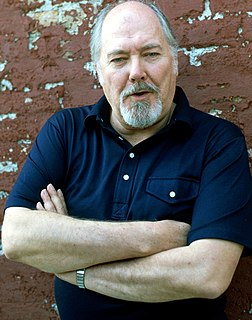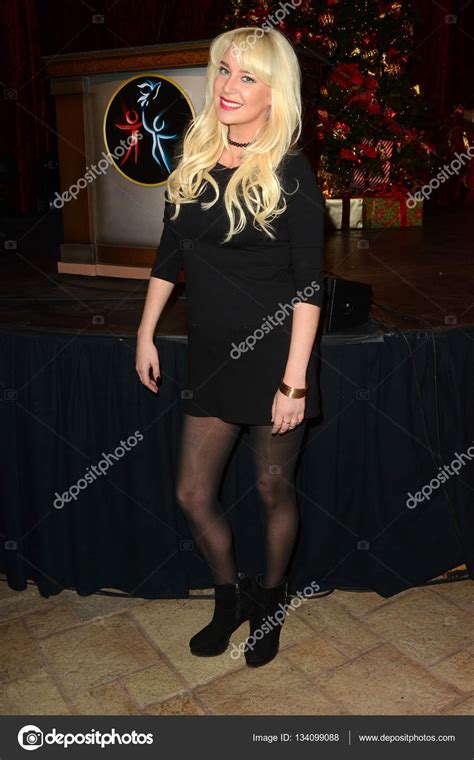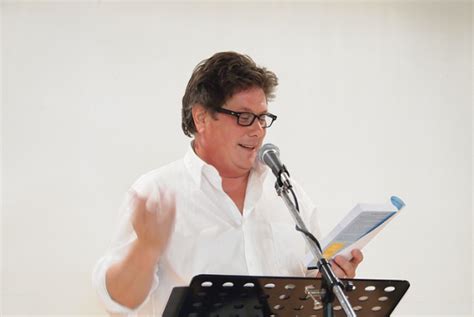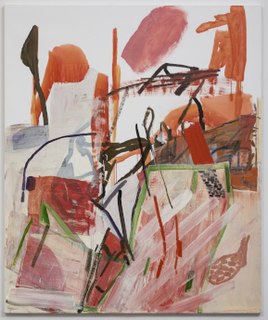A Quote by Robert Altman
What is an ending? There's no such thing. Death is the only ending.
Related Quotes
I want to expand the question of when something is done. I want to vex the ending. I want to mess around with that. I like the idea that if you make a work that has no clear ending, then you must play with the ending. Because if you don't, you're not highlighting the weird, lovely openness of abstraction.
It's always easiest for me as a writer if I know I have a great ending. It can make everything else work. If you don't have a good ending, it's the hardest things in the world to come up with one. I always loved the ending of 'The Kite Runner,' and the scenes that are most faithful to the book are the last few scenes.
Modern romance, like Greek tragedy, celebrates the mystery of dismemberment, which is life in time. The happy ending is justly scorned as a misrepresentation; for the world, as we know it, as we have seen it, yields but one ending: death, disintegration, dismemberment, and the crucifixion of our heart with the passing of the forms that we have loved.





































